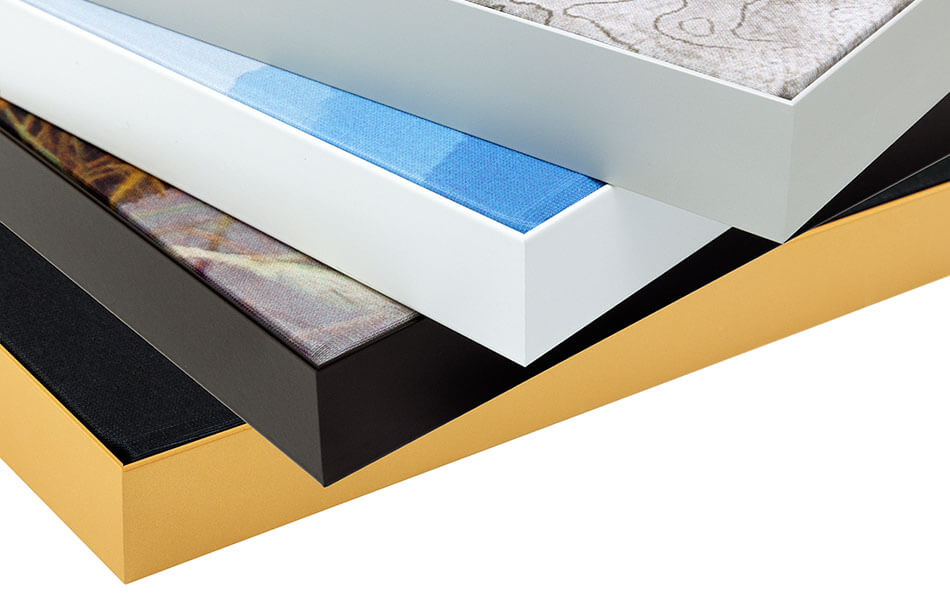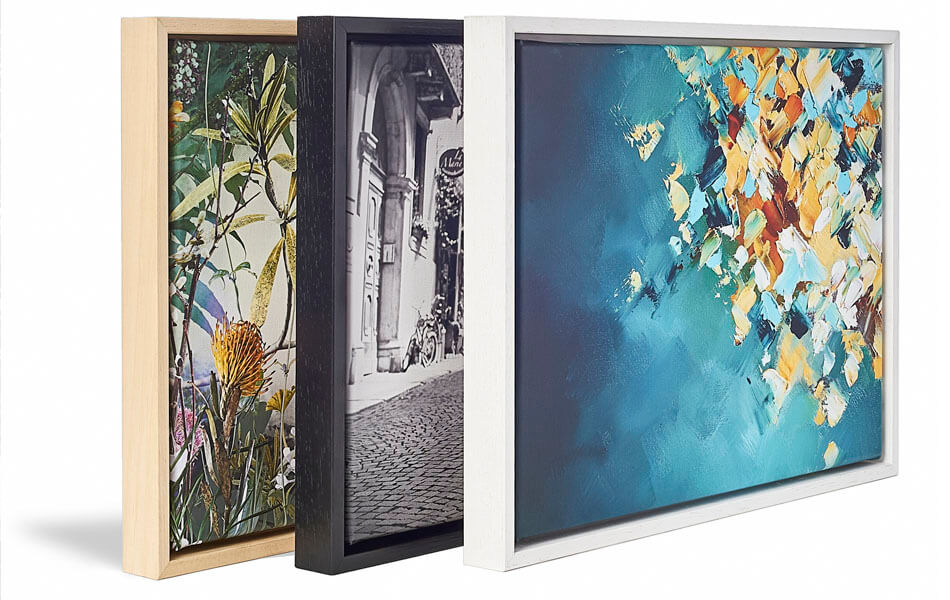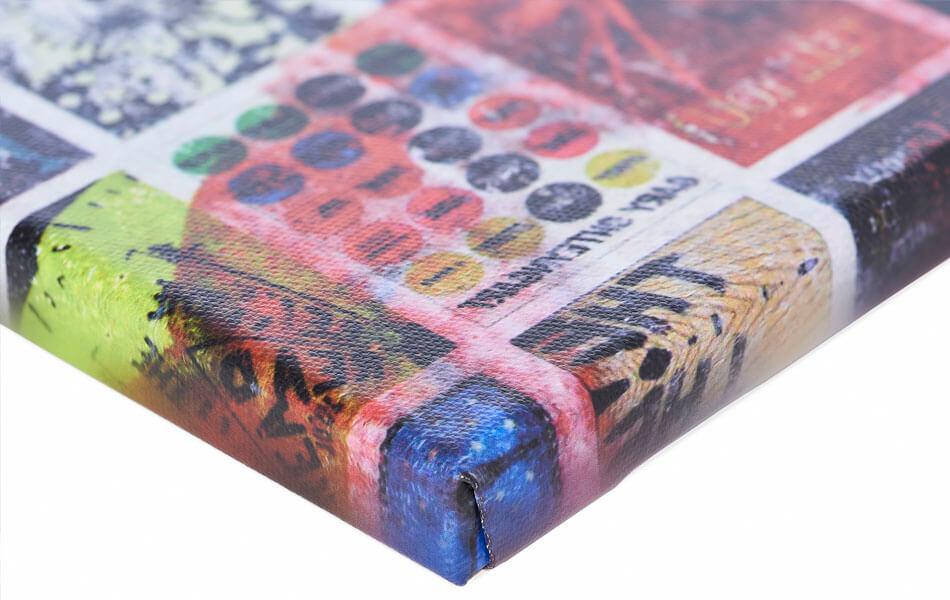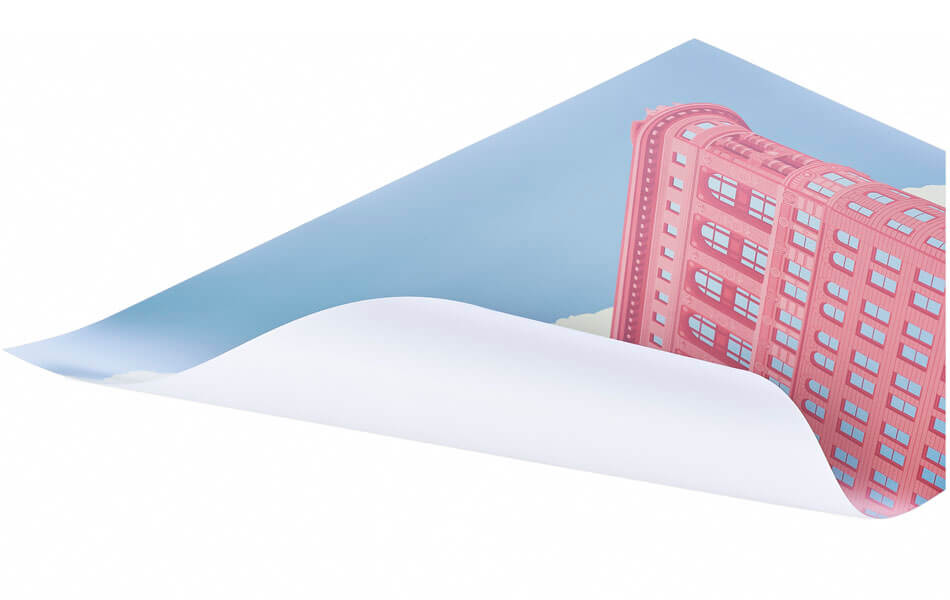Buy the photo in to the woods black and white by anne droogsma on canvas, ArtFrame, poster and wallpaper, printed on demand in high quality.
About "in to the woods black and white"
by anne droogsma
About the artwork
A forest is vegetation (planting or spontaneous vegetation) with trees in a dominant tree layer, or multiple tree layers.
Depending on the dominant growth forms and sizes of vegetation, vegetation layers can be distinguished: the moss layer, herb layer, shrub layer and the ever-present tree layer (or tree layers). Not all layers are always present in the vegetation, or equally present. There may be undergrowth of mosses, herbs and/or shrubs, and the soil may be rich in fungi. Trunks, branches and leaves may also serve as substrate for epiphytic plants, lichens and other fungi.
There are many definitions of what a forest is because there are many forest types in the world, and because humans want to express many different uses of the forest. Elements of the definitions include abundance, tree height, minimum area (e.g., 0.5 ha) and canopy cover (ranging from a minimum of 10% to a minimum of 60% in different definitions)[1][2].
Natural European forests originally contained large grazers such as wisent, aurochs, tarpan, red deer and moose, which kept sites open until thickets with spiny or thorny shrubs such as hawthorn, blackthorn, roses and bramble emerged. Animals such as jays or squirrels provided dispersal of seeds and fruits (such as acorns) by hiding them at the edges of forests as winter food. The fruits and seeds left behind could germinate and form the beginnings of new trees.
Modern forest management often means converting production forest to more natural (undisturbed or little human-influenced) mixed forest with native deciduous trees.

About anne droogsma
My name is Anne.
I regularly go out with my camera. I do so with great pleasure and always find gifts appearing on my screen.
This I want to share!..
Read more…
 Germany
Germany Ordered in July 2019
Ordered in July 2019
 Netherlands
Netherlands Ordered in August 2020
Ordered in August 2020
 Germany
Germany Ordered in May 2024
Ordered in May 2024
 Germany
Germany Ordered in January 2021
Ordered in January 2021
 Netherlands
Netherlands Ordered in May 2023
Ordered in May 2023
 Germany
Germany Ordered in May 2019
Ordered in May 2019
 Germany
Germany Ordered in November 2020
Ordered in November 2020
 Germany
Germany Ordered in January 2021
Ordered in January 2021
 Netherlands
Netherlands Ordered in November 2019
Ordered in November 2019
 Germany
Germany Ordered in May 2021
Ordered in May 2021
 Netherlands
Netherlands Ordered in March 2021
Ordered in March 2021
 Germany
Germany Ordered in November 2021
Ordered in November 2021
About the material
ArtFrame™
Interchangeable Art Prints
- High-quality print
- Easily interchangeable
- Acoustic function
- Large sizes available
Discover the artworks of anne droogsma
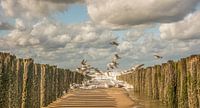 zoutelande 1anne droogsma
zoutelande 1anne droogsma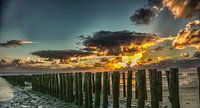 zoutelande sunsetanne droogsma
zoutelande sunsetanne droogsma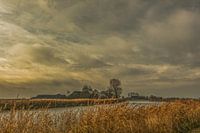 frieslandanne droogsma
frieslandanne droogsma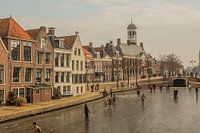 skating on the dockumer Ee in Dokkumanne droogsma
skating on the dockumer Ee in Dokkumanne droogsma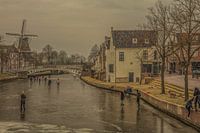 winter in Dokkumanne droogsma
winter in Dokkumanne droogsma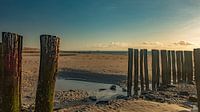 zeeland zoutelandeanne droogsma
zeeland zoutelandeanne droogsma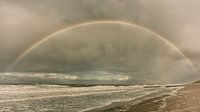 rainbow at oostkapelle zeelandanne droogsma
rainbow at oostkapelle zeelandanne droogsma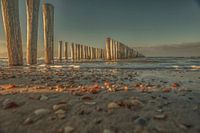 skyline zeelandanne droogsma
skyline zeelandanne droogsma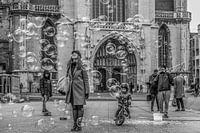 bubbles in gentanne droogsma
bubbles in gentanne droogsma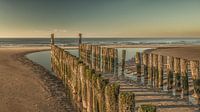 groynes at domburganne droogsma
groynes at domburganne droogsma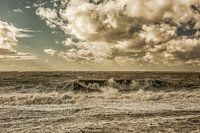 Waves and beautiful skiesanne droogsma
Waves and beautiful skiesanne droogsma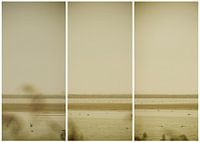 lauwersmeer triptych 24anne droogsma
lauwersmeer triptych 24anne droogsma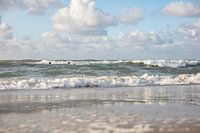 Zeeland Domburganne droogsma
Zeeland Domburganne droogsma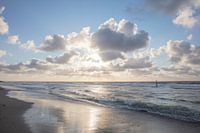 North sea beach with clouds and sunbeamsanne droogsma
North sea beach with clouds and sunbeamsanne droogsma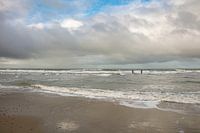 North Sea beach zeelandanne droogsma
North Sea beach zeelandanne droogsma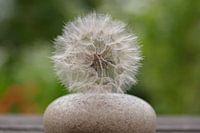 still life vase with pappus dandelionanne droogsma
still life vase with pappus dandelionanne droogsma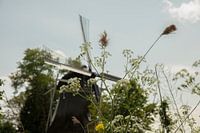 de scheene westellingwerf frieslandanne droogsma
de scheene westellingwerf frieslandanne droogsma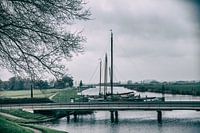 sloten friesland havenanne droogsma
sloten friesland havenanne droogsma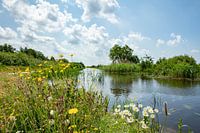 river linde friesland from Tronde to Kuinreanne droogsma
river linde friesland from Tronde to Kuinreanne droogsma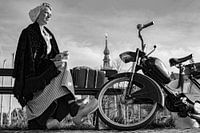 sea girl 3anne droogsma
sea girl 3anne droogsma
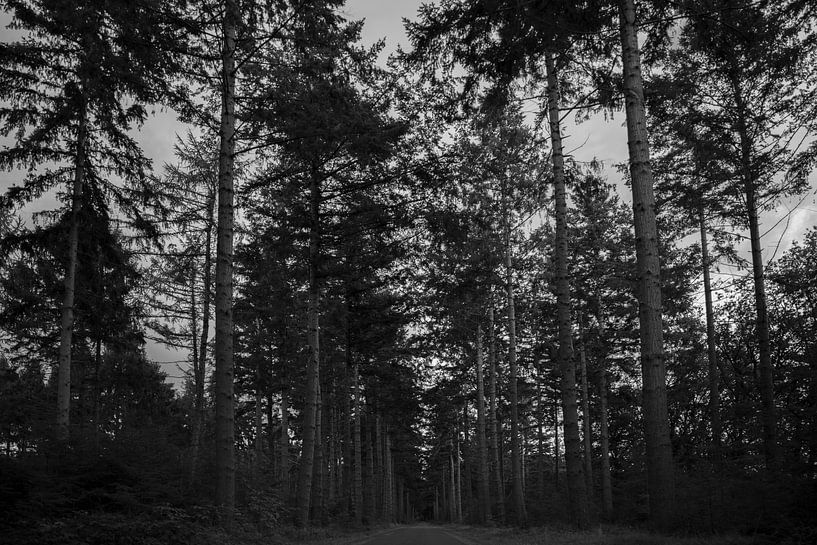












 Forest
Forest Friesland
Friesland Melancholic Elegance
Melancholic Elegance Mysterious Spheres
Mysterious Spheres Nature and weather
Nature and weather Nature photography
Nature photography Nature reserves
Nature reserves Photo wallpaper
Photo wallpaper Photography
Photography Serene Peace
Serene Peace Trees
Trees
